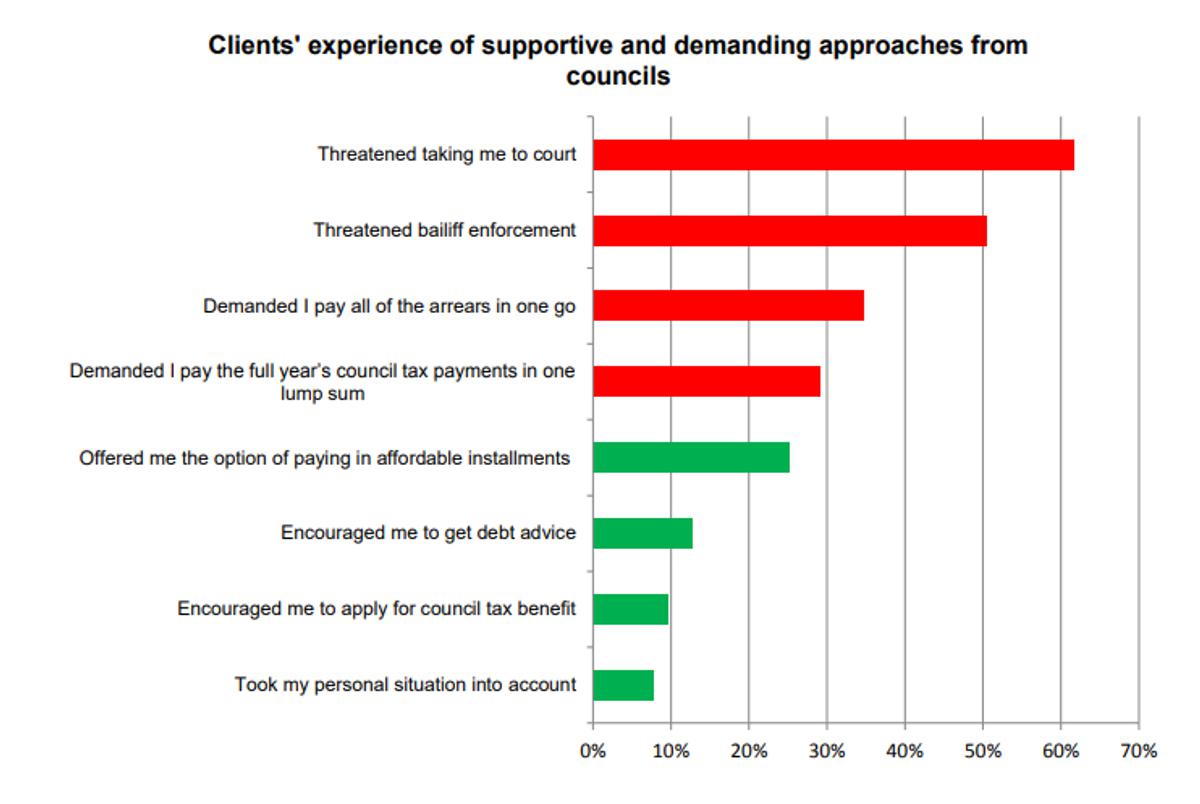
Autism and enforcement

Autism affects around 700,000 individuals in the UK and is a hidden disability, this means that it is not always obvious that someone is autistic.
People with learning difficulties and mental health issues are three times more likely to be in debt.
The autistic spectrum
The autistic spectrum covers a wide range of social communication difficulties from being nonverbal to being high functioning.
Recognising autism
Autistic people may display some or all of the following:
- Avoiding eye contact
- Making very few gestures
- React unusually to different sensory triggers
- Making inappropriate noises or responding in an inappropriate way to social situations
Autism and enforcement
Under the Equality Act 2010, reasonable adjustments need to be made for people with disabilities such as autism, this includes giving them more time to respond to letters and offering alternative services.
The individual may be able to provide proof of any benefits they are in receipt of, this again might be difficult as they may not be organised or know where they have kept vital paperwork.
The enforcement agent attending the property, will when entering assess the debtor’s financial situation and circumstances.
If the debtor is assessed as being vulnerable, our agents will have two options. These cases will either be returned to the council and the vulnerability of the debtor highlighted with any supporting evidence, or the case will be referred to enforcement agents’ welfare team where there would only be the compliance charge of £75.
In both instances the fee that would have been triggered by the enforcement agent attending the property would be removed.
Enforcement agents will always communicate any signs of vulnerability to the clients they are working with. Local authorities will have a ‘Potentially Vulnerable’ indicator on their system and will ensure they are offering the correct discounts and reliefs upon reviewing the debtor’s circumstances.
Enforcement agents should also accept reasonable and affordable repayments when they are offered by the debtor in accordance with Local Authorities Vulnerable Persons Policies.
Given local authorities' robust procedures when dealing with vulnerable debtors, the number of cases passed to enforcement agents will be minimal, as government departments will be mindful of passing on further costs and charges on top of the debt owed.
However, despite council’s best efforts to detect vulnerability as early as possible, vulnerability is sometimes only discovered when an enforcement agent attends a property due to debtors not communicating with the council during the recovery process.

The benefit to creditors
The benefits to creditors are not only that they will be following a more ethical pathway, but that they will also benefit from improved collection rates. Research by Baker Tilly highlighted that a more proportionate approach to debt repayment yielded higher recovery rates. For example, offering payment of the debt owed over 12 months meaning that a lower payment is made but the payments are more likely to be continued and the debt paid off.
Useful links




